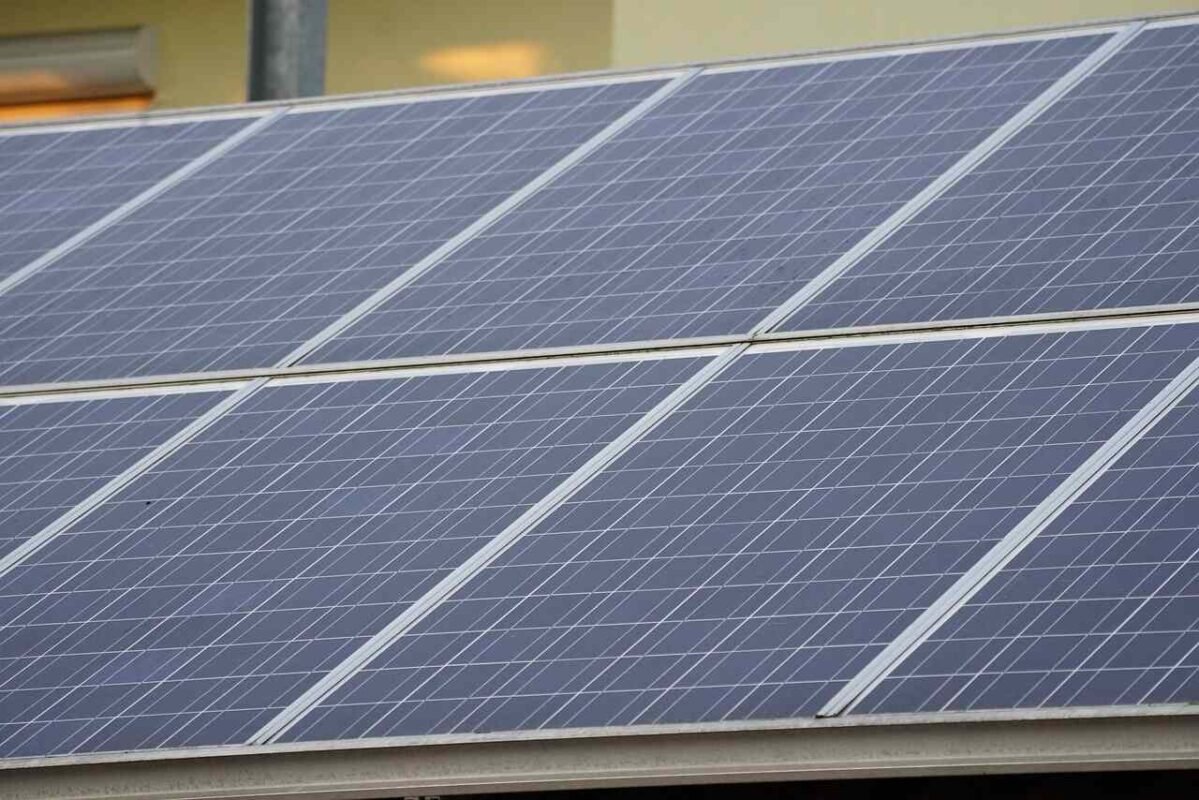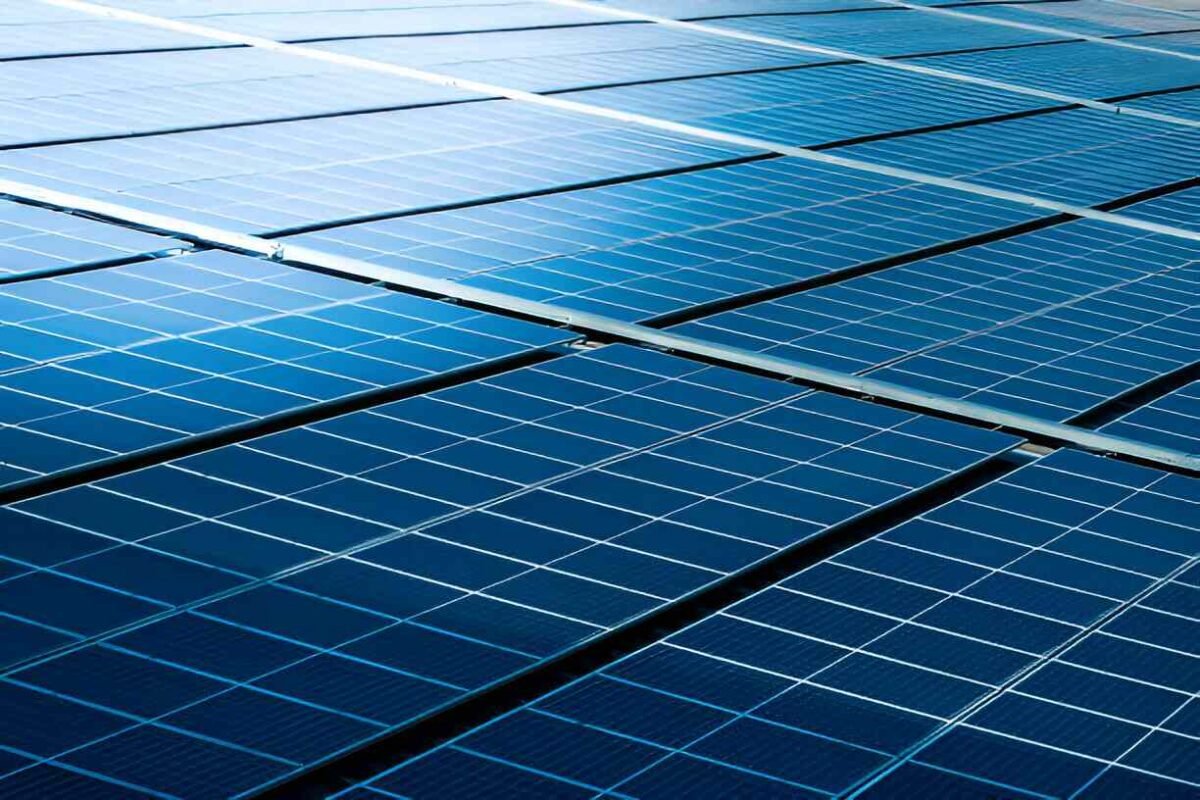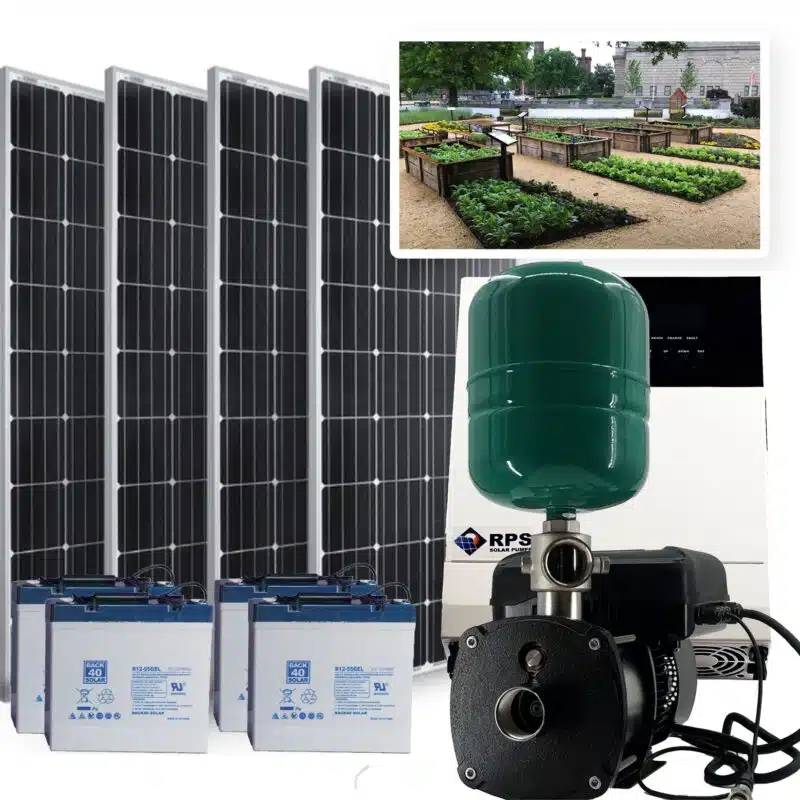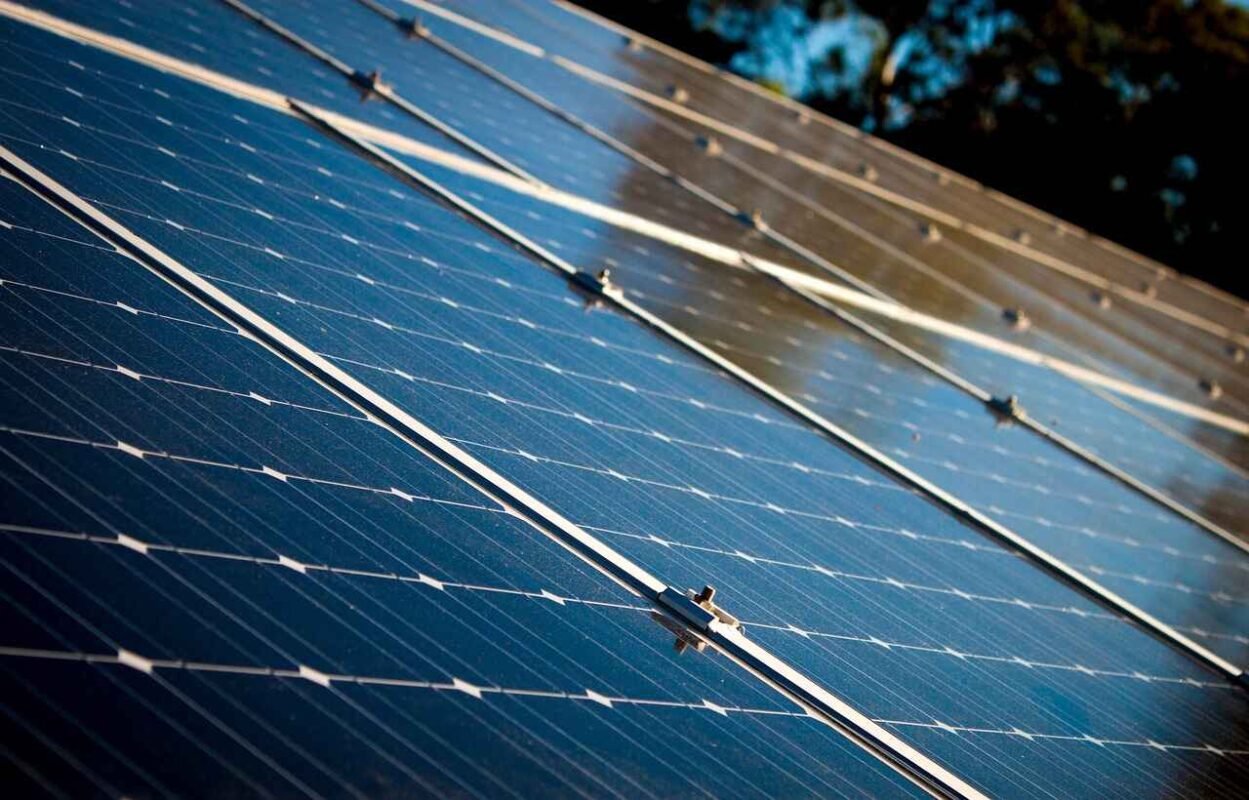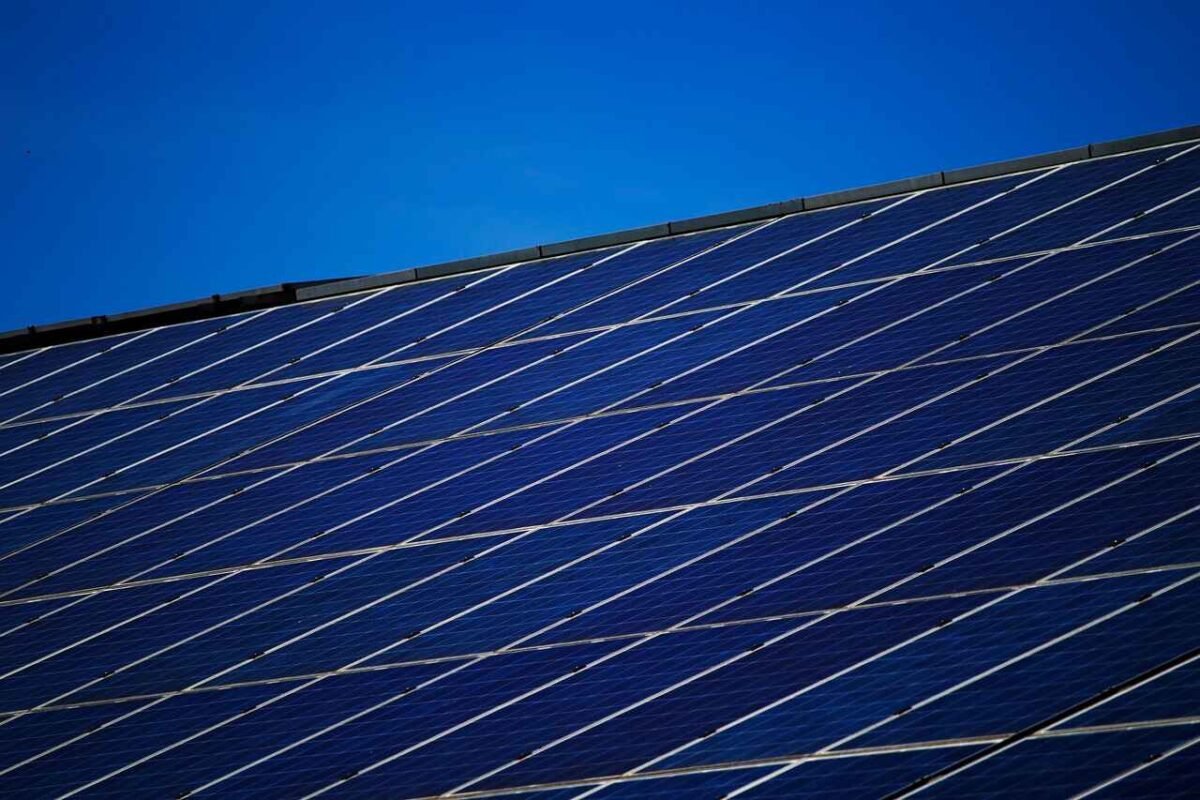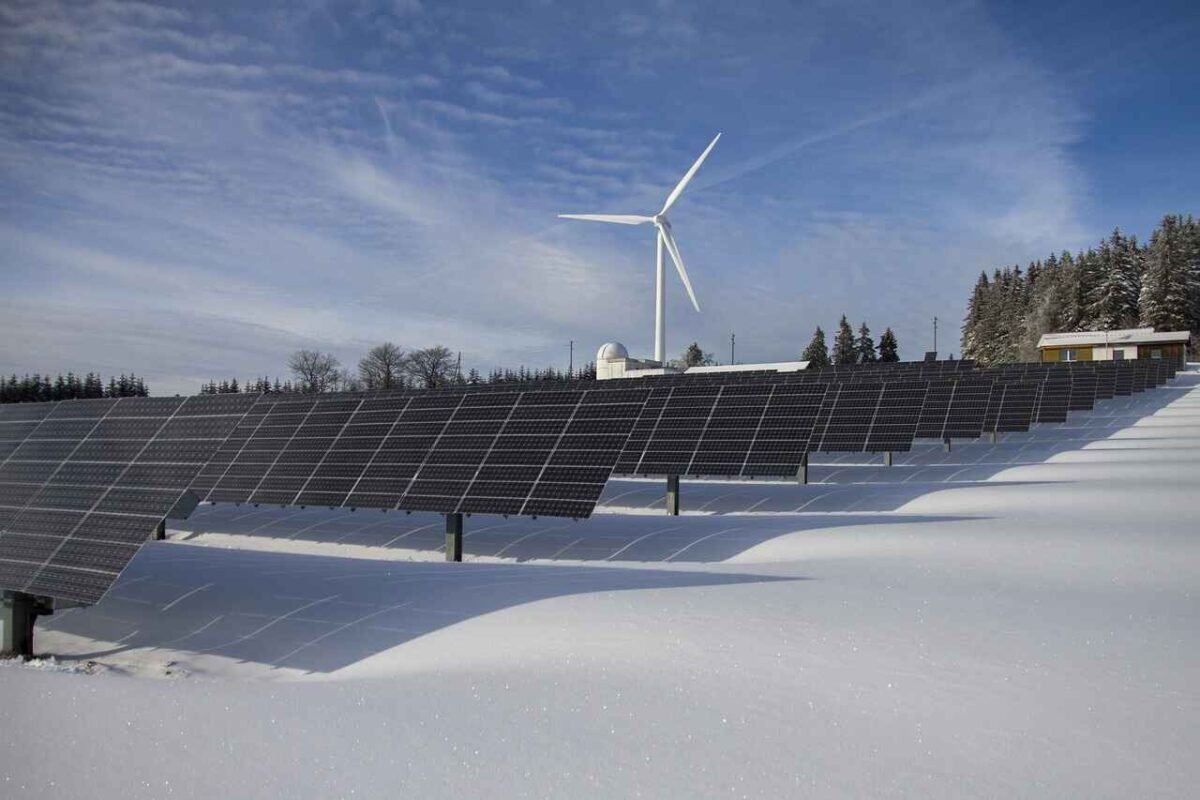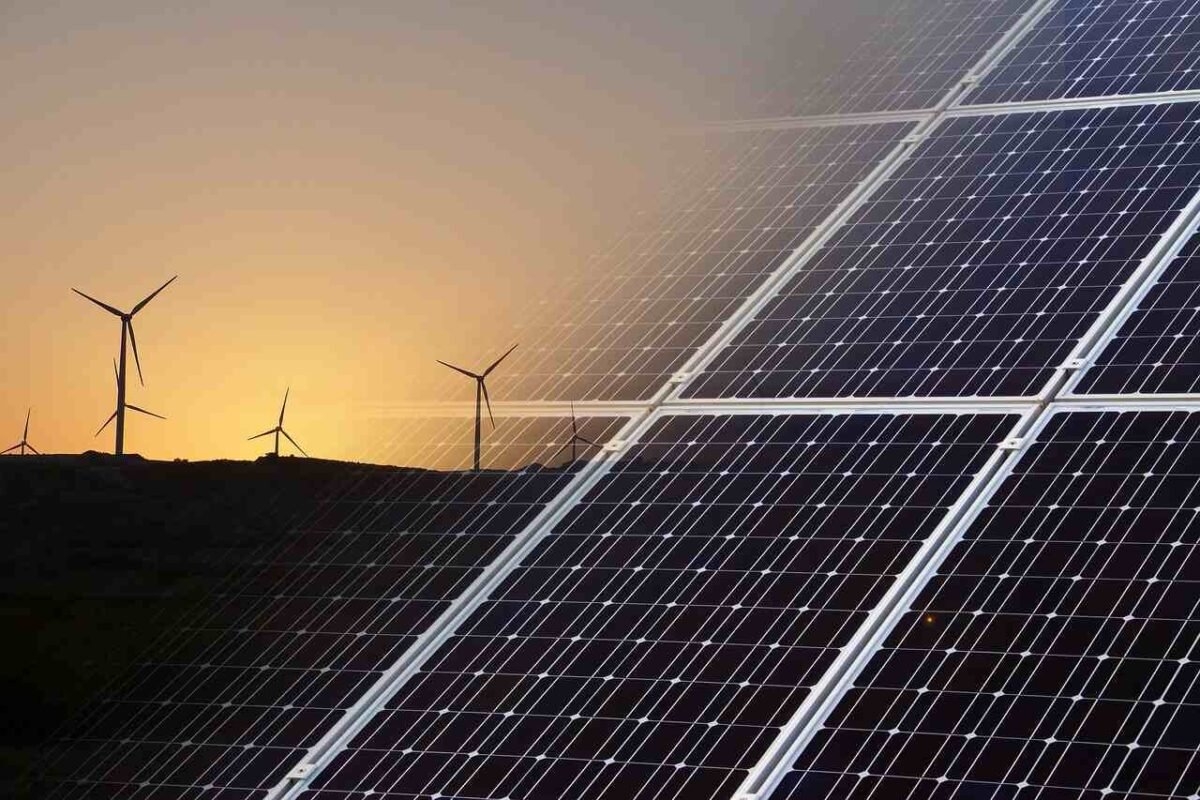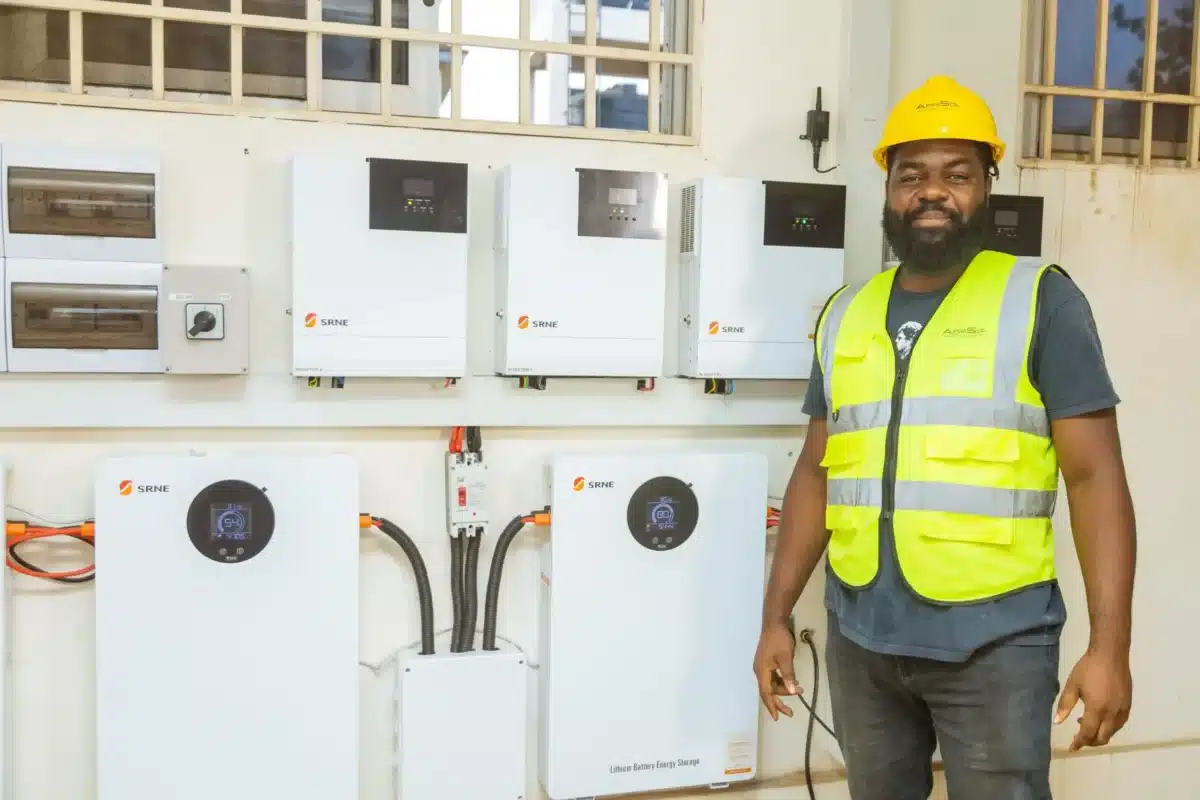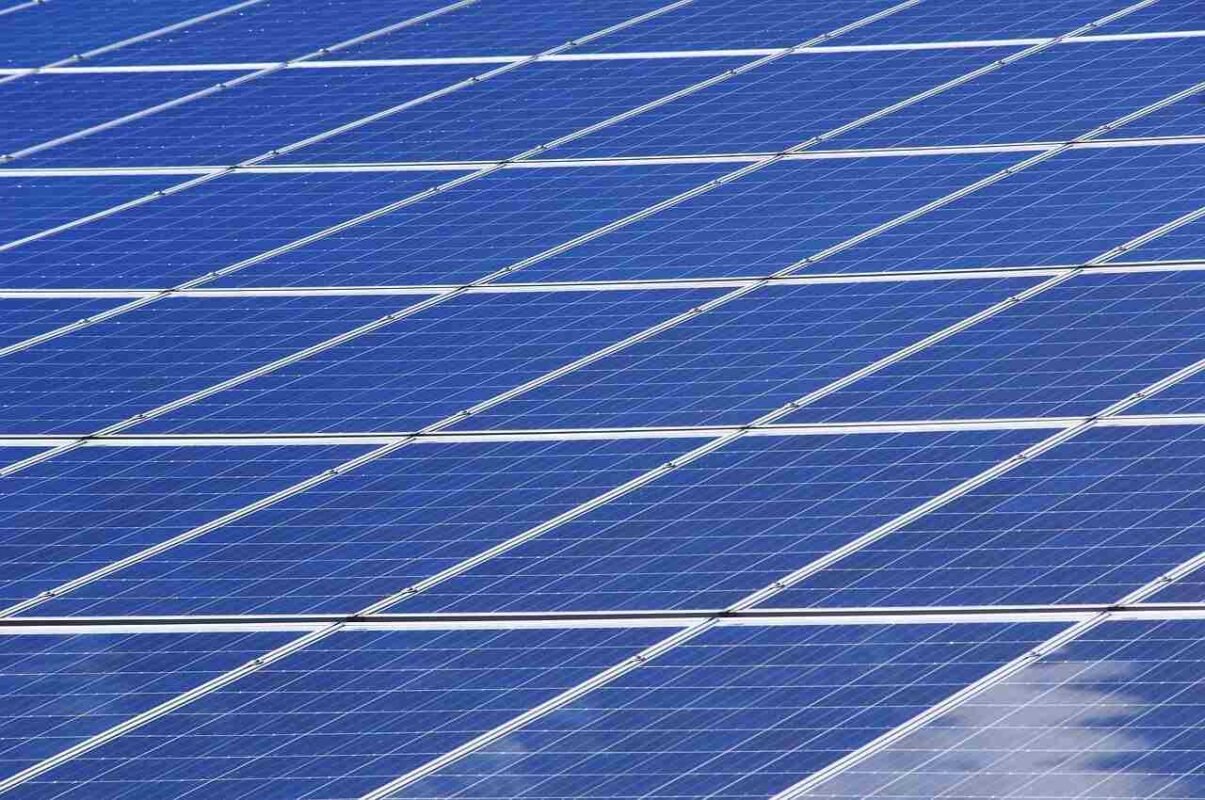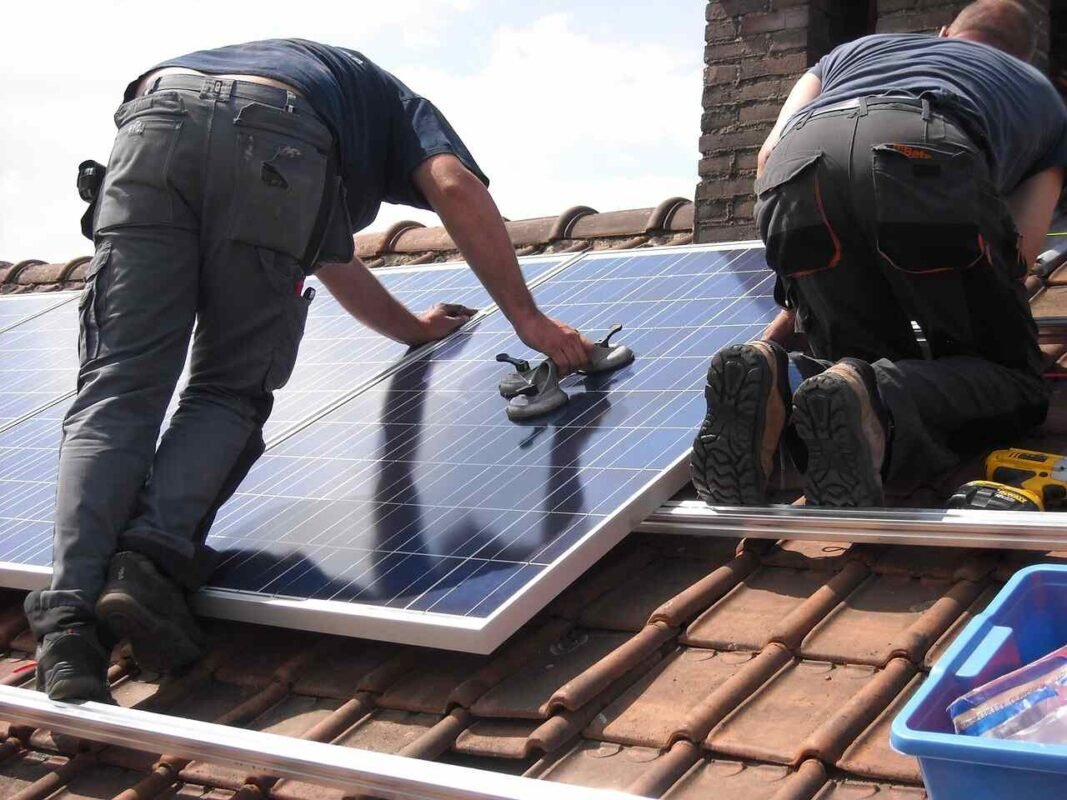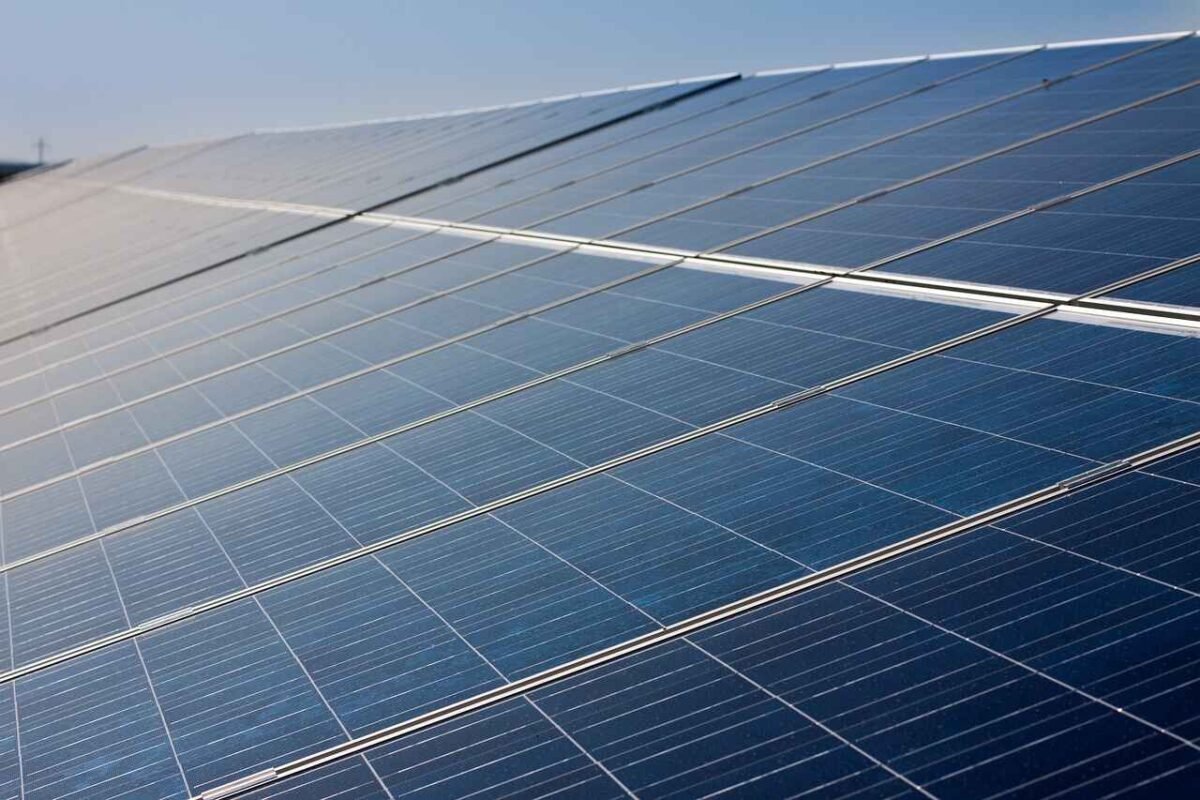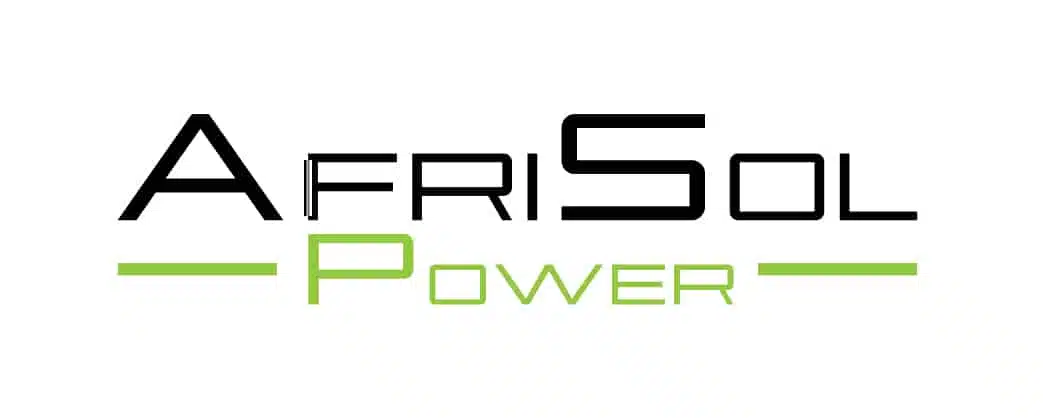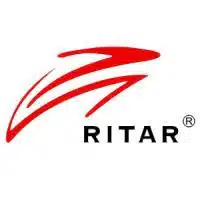Blogs
3kW Solar System With Lithium-Ion Battery in Ghana: Ultimate Guide
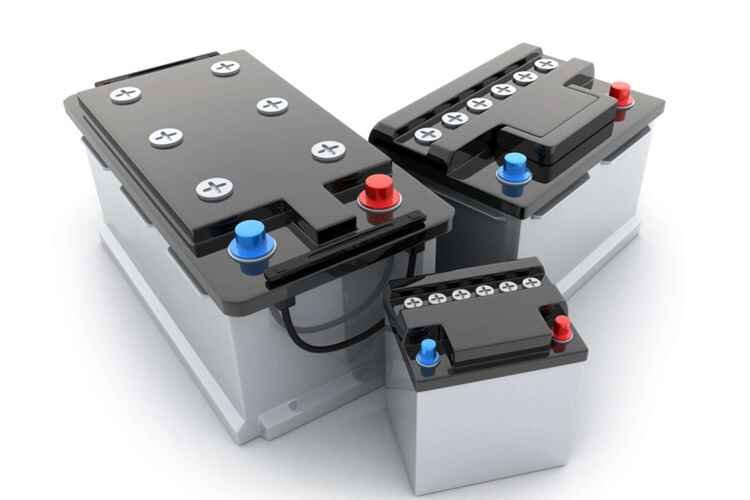
Lithium-Ion Battery in Ghana can enhance your 3kW Solar System, providing reliable and efficient energy solutions for homes and businesses.
Investing in a 3kW solar system with a lithium-ion battery offers significant benefits. It provides a reliable power source, especially during frequent power outages. The system is eco-friendly and reduces electricity bills. In Ghana, where sunshine is abundant, this setup is highly effective.
Lithium-ion batteries store energy efficiently, ensuring power availability even during the night. They also have a long lifespan and require less maintenance. This makes them ideal for long-term use. Installing a 3kW solar system with lithium-ion battery can transform energy consumption in Ghana, offering both economic and environmental advantages.
Introduction To Solar Power In Ghana
Ghana is embracing solar power. The country’s sunny climate makes it ideal for solar energy. Solar power is becoming popular in homes and businesses. A 3kW solar system with a lithium-ion battery is a smart choice. It provides reliable and clean energy.
Current Energy Landscape
Ghana’s energy sector relies on hydro and thermal power. These sources face challenges. Hydropower is affected by droughts. Thermal power depends on costly imported fuels. These issues lead to power shortages and high electricity costs. Solar energy offers a solution.
Benefits Of Solar Energy
Solar energy has many benefits. It is clean and renewable. Solar panels convert sunlight into electricity. This reduces greenhouse gas emissions. Solar power is also cost-effective. After installation, solar energy is free. This lowers electricity bills.
A lithium-ion battery stores excess energy. This ensures a steady power supply, even at night. Solar power systems are low-maintenance. They have a long lifespan. Solar energy promotes energy independence. It reduces reliance on imported fuels.
| Benefits | Description |
|---|---|
| Environmental | Reduces carbon footprint and greenhouse gases. |
| Economic | Lower electricity bills and energy costs. |
| Reliability | Provides consistent power, even during outages. |
Components Of A 3kW Solar System
Installing a 3kW Solar System with a Lithium-Ion Battery in Ghana can be an excellent investment. This system provides reliable energy and reduces electricity bills. Understanding the components of the system helps in making informed decisions. Below, we explore the key components of a 3kW Solar System in detail.
Solar Panels
Solar Panels are the heart of any solar power system. These panels capture sunlight and convert it into electricity. For a 3kW system, you typically need around 10-12 panels. The efficiency and type of panels matter. Monocrystalline panels are more efficient and take up less space. Polycrystalline panels are slightly less efficient but more affordable.
Inverters
Inverters are crucial for converting the DC electricity generated by the panels into AC electricity. AC electricity is what most home appliances use. A 3kW system usually requires a single inverter. There are various types of inverters:
- String Inverters: Connect all panels in a series. They are cost-effective but less efficient if shading occurs.
- Microinverters: Attached to each panel. They are more efficient and handle shading better.
- Hybrid Inverters: Combine both functionalities and work well with battery storage systems.
Mounting Structures
Mounting Structures hold the solar panels in place. They are essential for the stability and efficiency of the system. These structures should be durable and resistant to weather conditions. There are different types:
- Roof-Mounted Structures: Ideal for homes with limited ground space.
- Ground-Mounted Structures: Suitable for larger properties with ample ground space.
- Adjustable Mounting Structures: Allow for angle adjustments to capture maximum sunlight.
Choosing the right mounting structure ensures the safety and performance of your solar system.
| Component | Description |
|---|---|
| Solar Panels | Convert sunlight into electricity. Require 10-12 panels for a 3kW system. |
| Inverters | Convert DC electricity to AC electricity. Types include String, Micro, and Hybrid inverters. |
| Mounting Structures | Support and hold solar panels. Types include Roof-Mounted, Ground-Mounted, and Adjustable structures. |
Lithium-ion Battery Technology
Lithium-Ion Battery Technology is transforming how Ghanaians harness and store solar energy. These batteries are at the heart of the 3kW solar system, offering unmatched performance and efficiency. Let’s dive into why Lithium-Ion batteries stand out.
Advantages Over Other Batteries
Lithium-Ion batteries have several advantages over traditional batteries:
- Higher energy density: Store more energy in a smaller space.
- Lighter weight: Easier to install and handle.
- Faster charging: Reduces downtime and increases efficiency.
- Lower self-discharge rate: Retains charge longer when not in use.
- Maintenance-free: No need for regular checks or water refilling.
Lifespan And Efficiency
The lifespan of Lithium-Ion batteries is significantly longer than other types:
- Up to 10 years or more: Provides long-term savings.
- Thousands of charge cycles: Ensures durability and reliability.
Efficiency is also a key benefit:
| Battery Type | Efficiency | Typical Lifespan |
|---|---|---|
| Lithium-Ion | 90-95% | 10+ years |
| Lead-Acid | 70-80% | 3-5 years |
With higher efficiency, more of the solar energy is effectively stored and used. This means you get more out of your 3kW solar system.
Cost And Investment
The cost and investment of a 3kW Solar System with a Lithium-Ion Battery in Ghana is a key factor for many. Understanding both the initial setup costs and long-term savings can help make a well-informed decision.
Initial Setup Costs
The initial setup costs for a 3kW Solar System in Ghana include several components. These costs can be broken down as follows:
| Component | Estimated Cost (GHS) |
|---|---|
| Solar Panels | 12,000 – 15,000 |
| Lithium-Ion Battery | 20,000 – 25,000 |
| Inverter | 15,000 – 20,000 |
| Installation | 3,000 – 5,000 |
| Other Components | 2,000 – 4,000 |
These costs can vary based on the quality of components and installation services.
Long-term Savings
Investing in a 3kW Solar System can lead to significant long-term savings. Here are some of the benefits:
- Reduced electricity bills
- Low maintenance costs
- Increased property value
Let’s break down these savings:
- Reduced Electricity Bills: You can save up to 70% on your monthly electricity bills.
- Low Maintenance Costs: Lithium-Ion batteries require less maintenance compared to traditional batteries.
- Increased Property Value: Homes with solar systems are more attractive to buyers.
These long-term savings make a 3kW Solar System a wise investment for many households in Ghana.
Installation Process
Installing a 3kW Solar System with Lithium-Ion Battery in Ghana requires careful planning and execution. The process involves several key steps to ensure efficiency and safety. Let’s break down the installation process into two main parts: Site Assessment and Professional Installation.
Site Assessment
Before installation, a thorough site assessment is essential. This step helps determine the best location for your solar panels and battery system. The assessment includes:
- Roof condition: Inspecting the roof to ensure it can support the panels.
- Sunlight exposure: Checking the amount of sunlight the site receives daily.
- Shading analysis: Identifying any potential obstructions like trees or buildings.
- Space availability: Measuring the area available for panel installation.
A proper site assessment ensures optimal performance and longevity of your solar system.
Professional Installation
Once the site assessment is complete, the professional installation phase begins. Hiring certified installers ensures a safe and efficient setup. The steps involved are:
- Mounting the panels: Technicians secure the solar panels to the roof or ground mounts.
- Electrical wiring: Running the necessary wiring from the panels to the inverter and battery.
- Inverter installation: Installing the inverter to convert solar energy into usable electricity.
- Battery connection: Connecting the lithium-ion battery to store excess energy.
- System testing: Conducting tests to ensure everything works correctly.
Professional installers follow strict guidelines and safety protocols. This guarantees the longevity and efficiency of your 3kW Solar System.
Maintenance And Upkeep
Maintaining a 3kW solar system with a lithium-ion battery in Ghana is essential. Proper upkeep ensures optimal performance and extends the lifespan of your system. This section covers routine checks and battery management.
Routine Checks
Regular inspections are crucial. Make it a habit to check your solar panels monthly. Look for dirt, debris, or any physical damage. Clean the panels with a soft cloth and water if needed. Avoid using harsh chemicals.
Inspect the wiring and connections. Ensure they are secure and free from corrosion. Check for any signs of wear and tear. Address issues immediately to prevent further damage.
| Task | Frequency |
|---|---|
| Clean Solar Panels | Monthly |
| Inspect Wiring | Monthly |
| Check for Physical Damage | Monthly |
Battery Management
Effective battery management is key. Monitor the battery charge levels regularly. Avoid deep discharges to prolong battery life. Lithium-ion batteries perform best when kept between 20% and 80% charge.
Store the battery in a cool, dry place. Avoid exposure to extreme temperatures. High heat can degrade battery performance.
Use a battery management system (BMS). A BMS helps maintain optimal charge and discharge rates. It also protects the battery from overcharging and deep discharges.
- Monitor charge levels
- Avoid deep discharges
- Store in cool, dry place
- Use a battery management system
Available Subsidies
These subsidies lower the initial investment cost, making solar systems more affordable. Here are some key subsidies available:
- Tax Exemptions: Import duties on solar equipment are reduced or waived.
- Rebates: Homeowners and businesses get rebates for installing solar systems.
- Grants: Some projects qualify for government grants, reducing overall costs.
Regulatory Framework
Ghana has a strong regulatory framework to encourage renewable energy use. This framework provides guidelines and support for solar energy projects. Key aspects of the regulatory framework include:
- Renewable Energy Act: This act promotes the development of renewable energy sources.
- Energy Commission: This body regulates and oversees energy projects in Ghana.
- Net Metering: Allows solar system owners to sell excess power back to the grid.
Success Stories In Ghana
The implementation of 3kW solar systems with lithium-ion batteries in Ghana has led to numerous success stories. These stories highlight the positive impact on communities and individual households. The use of renewable energy has transformed lives, boosted local economies, and improved the overall quality of life.
Case Studies
One remarkable case is the village of Nyamebekyere. This village had limited access to electricity. The installation of 3kW solar systems changed everything. Today, homes have lighting, children can study at night, and businesses operate longer hours. The village’s productivity has increased significantly.
Another inspiring story is that of a local school in Tamale. They struggled with frequent power outages. The 3kW solar system provided a stable power supply. This has improved the learning environment. Computers and other educational tools are now available to students throughout the day.
Community Impact
These solar systems have brought numerous benefits to communities. Here are some key impacts:
- Reduced Electricity Costs: Households save on electricity bills.
- Environmental Benefits: Reduced reliance on fossil fuels.
- Increased Productivity: Businesses can operate more efficiently.
- Improved Health: Less use of kerosene lamps reduces respiratory issues.
Additionally, the local economy has seen growth. Jobs related to solar installation and maintenance have increased. The demand for skilled labor in this sector continues to rise.
Below is a table summarizing the key benefits observed in various communities:
| Community | Benefit |
|---|---|
| Nyamebekyere | Increased Productivity |
| Tamale School | Improved Learning Environment |
| Various Households | Reduced Electricity Costs |
The success stories in Ghana illustrate the transformative power of renewable energy. The 3kW solar systems with lithium-ion batteries have become a beacon of hope. These systems have brought light, energy, and progress to many communities.
Future Of Solar Energy In Ghana
The future of solar energy in Ghana looks promising. The country enjoys abundant sunlight, making it ideal for solar power. A 3kW solar system with a lithium-ion battery offers a sustainable solution. This can meet the energy needs of many Ghanaian households and businesses. Let’s delve into the technological advancements and expansion potential of solar energy in Ghana.
Technological Advancements
Technological advancements are boosting solar power in Ghana. Modern solar panels are more efficient. They convert more sunlight into electricity. Lithium-ion batteries store this energy effectively. They ensure a steady power supply even at night.
Inverters play a crucial role too. They convert the stored energy into usable electricity. This makes the whole system more reliable. Smart meters are another innovation. They help monitor energy usage. This ensures optimal performance of the solar system.
These advancements make solar energy a viable option. More people can now access clean and reliable energy. This reduces dependence on traditional power sources. It also helps in cutting down electricity costs.
Expansion Potential
The expansion potential of solar energy in Ghana is significant. Many rural areas lack access to electricity. Solar systems can bridge this gap. They can provide power to remote communities. This improves the quality of life.
Urban areas also benefit from solar energy. It reduces the load on the national grid. This leads to fewer power outages. Solar energy can power businesses and industries. It supports economic growth and development.
The government is encouraging solar energy adoption. There are subsidies for solar installations. This makes it more affordable for everyone. The private sector is also investing in solar projects. This creates job opportunities and boosts the economy.
Ghana has a bright future with solar energy. It is a step towards a sustainable and self-reliant energy sector.
Frequently Asked Questions
What Is A 3kW Solar System?
A 3kW solar system generates around 12-15 units of electricity daily. It’s ideal for small to medium homes.
How Does A Lithium-ion Battery Work?
A lithium-ion battery stores energy from solar panels. It releases stored energy when needed, providing power during outages.
Why Choose Lithium-ion Over Lead-acid Batteries?
Lithium-ion batteries last longer and are more efficient. They charge faster and require less maintenance than lead-acid batteries.
Is A 3kWSolar System Enough For My Home?
A 3kW system can power essential appliances. It’s suitable for households with moderate energy needs.
Conclusion
A 3kW solar system with a lithium-ion battery is a smart choice for Ghana. It offers reliable power and reduces electricity costs. This system supports sustainability and green energy goals. By investing in solar power, you help protect the environment.
It’s an efficient solution for homes and small businesses. Enjoy the benefits of clean energy and energy independence. Start your journey towards a brighter, greener future today.







